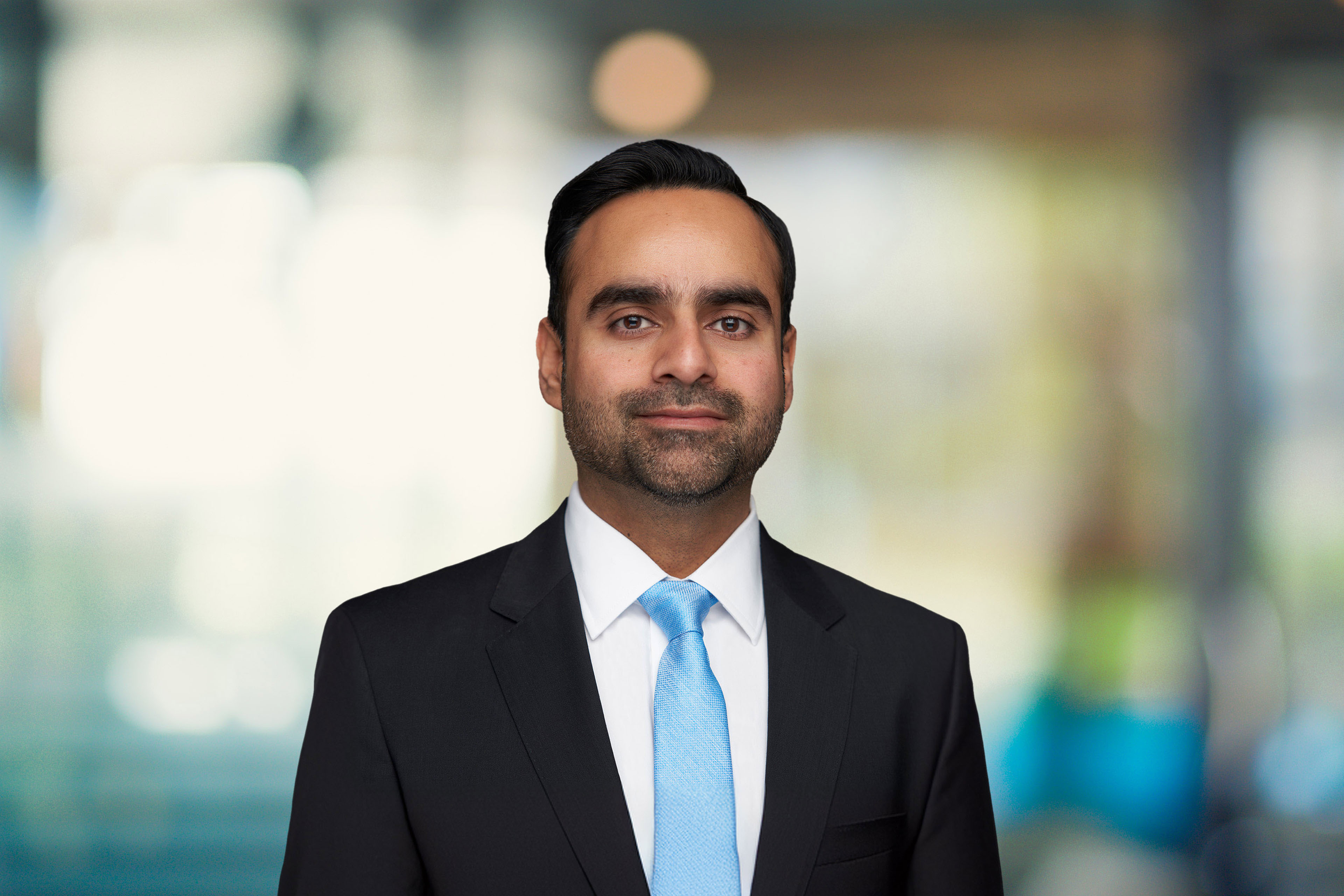EY refers to the global organization, and may refer to one or more, of the member firms of Ernst & Young Global Limited, each of which is a separate legal entity. Ernst & Young Global Limited, a UK company limited by guarantee, does not provide services to clients.
How EY can help
-
Our EY teams can help your business transform your operational technology environment.
Read more
“Digital first” has become a mantra across many industries, but in health care, the stakes for technology transformation couldn’t be higher. Health care providers are being challenged to accommodate evolving patient demands such as telehealth, smart medical devices and applications for conveniently scheduling and communicating with doctors and viewing test results online. But these digital interactions rely on systems that must be integrated and secured — or they could impact patient experiences and expose sensitive personal and financial data to cyber threats.
One of the largest cancer centers and research institutes in the US faced this complex balance between innovation and patient care. The organization wanted to lead with digital capabilities to meet the real-time needs of thousands of faculty and staff across dozens of hospitals and clinics responsible for delivering critical care to cancer patients.
To help enable better decision-making and provide digitally enabled tech services, the Chief Information Officer (CIO) and the Chief Digital Officer (CDO) of the cancer center envisioned an IT modernization plan, focused on improving workflows, making core IT data more consistent and reliable across the organization and using automation to promote collaboration.
ServiceNow, a central technology system, would be the cloud-based platform underpinning this digital transformation. Starting with streamlining their enterprise IT functions as the first part of core enablement, the organization had a digital vision to expand services and efficiencies across the enterprise to create a more cohesive organization — and they needed an experienced implementation partner.
They chose Ernst & Young LLP (EY), ServiceNow’s 2024 Global Elite Partner of the Year, to seamlessly implement the platform across systems, integrated with proper risk management protocols and customized to meet industry standards. The EY-ServiceNow alliance and an EY team of sector-focused professionals would guide and accelerate the multi-year journey — all to help the organization serve their patients faster, make better informed decisions through data, protect important personal information and with the hope to support thousands of people in their fight against cancer.










